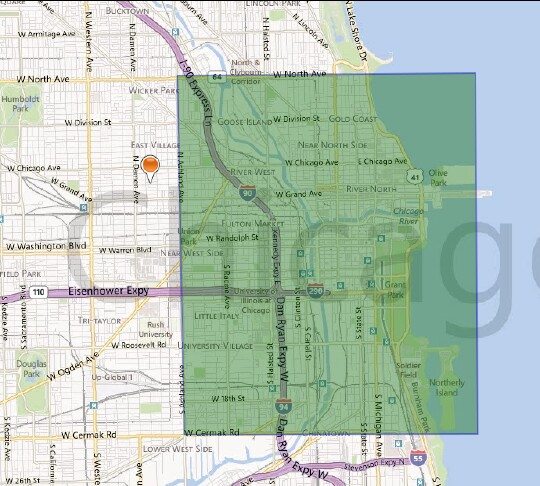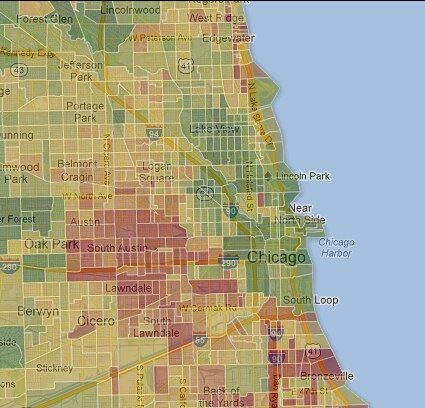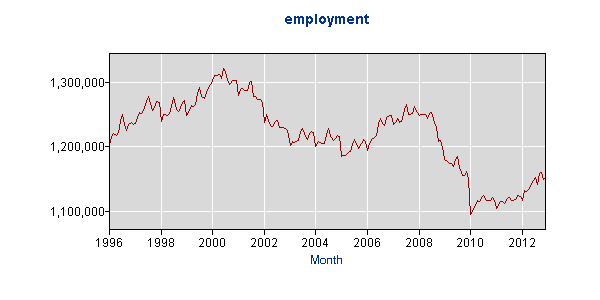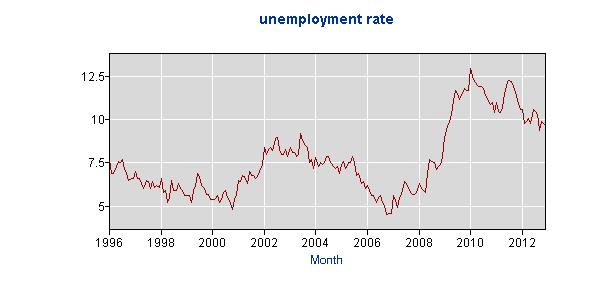Crain’s published a pretty interesting article yesterday on how Chicago’s Mega Loop is the hottest urban center in the US. The article is chock full of interesting observations and statistics but I’m not sure what to make of it all in light of all the other factors that seem to contradict their basic premise and some of the weak and often contradictory data within the article itself. The article also focuses on a small area of the city highlighted below – well sorta and sometimes – that’s part of the problem.

The Case For Chicago’s Economic Boom
The article points out that according to the Census Bureau the “expanded downtown area” is adding residents faster than any other urban core in America. They quote journalist Alan Ehrenhalt, author of The Great Inversion and the Future of the American City:
In the year 2020, no matter how many condos are built or sold, Chicago is likely to be a nest of center-city affluence unequaled in size—or even approached—by anyplace in America.
- From 2001 to 2011 retail sales in the city grew by 19.7%. But that’s only 1.8% per year compounded – less than inflation.
- From 1999 to 2011 the number of households with annual income greater than $200,000 grew by 94.6% in the city and 113.1% in the central district (whatever that is). OK. That’s impressive
- From 1990 to 2010 the population in the central area grew by 114%
- In the last decade Chicago’s population within two miles of City Hall grew by 36.2%, which is more than any other US city
- From 1993 to 2012 downtown Chicago’s payrolls were up 13.2%. But that’s only 0.7% pyer year compounded – also less than inflation
- But then they go on to say that between 1994 and 2008 gross payrolls, adjusted for inflation, grew by 71.4%. But that is totally different than the statistic in the prior bullet. What gives?
Granted the article is partly making the case that Chicago is doing better than the surrounding suburbs and the rest of the state but that’s like being the smartest realtor.
The Case Against Chicago’s Economic Boom
Even the article points out that Chicago has a few minor problems including gang violence, the cycle of poverty, abysmal education (their words, not mine), broken families, unemployment, unpaid pension bills, and bloated public payrolls. Also, from 2000 to 2010 Chicago lost 200,000 people. However, these were lower income people.


